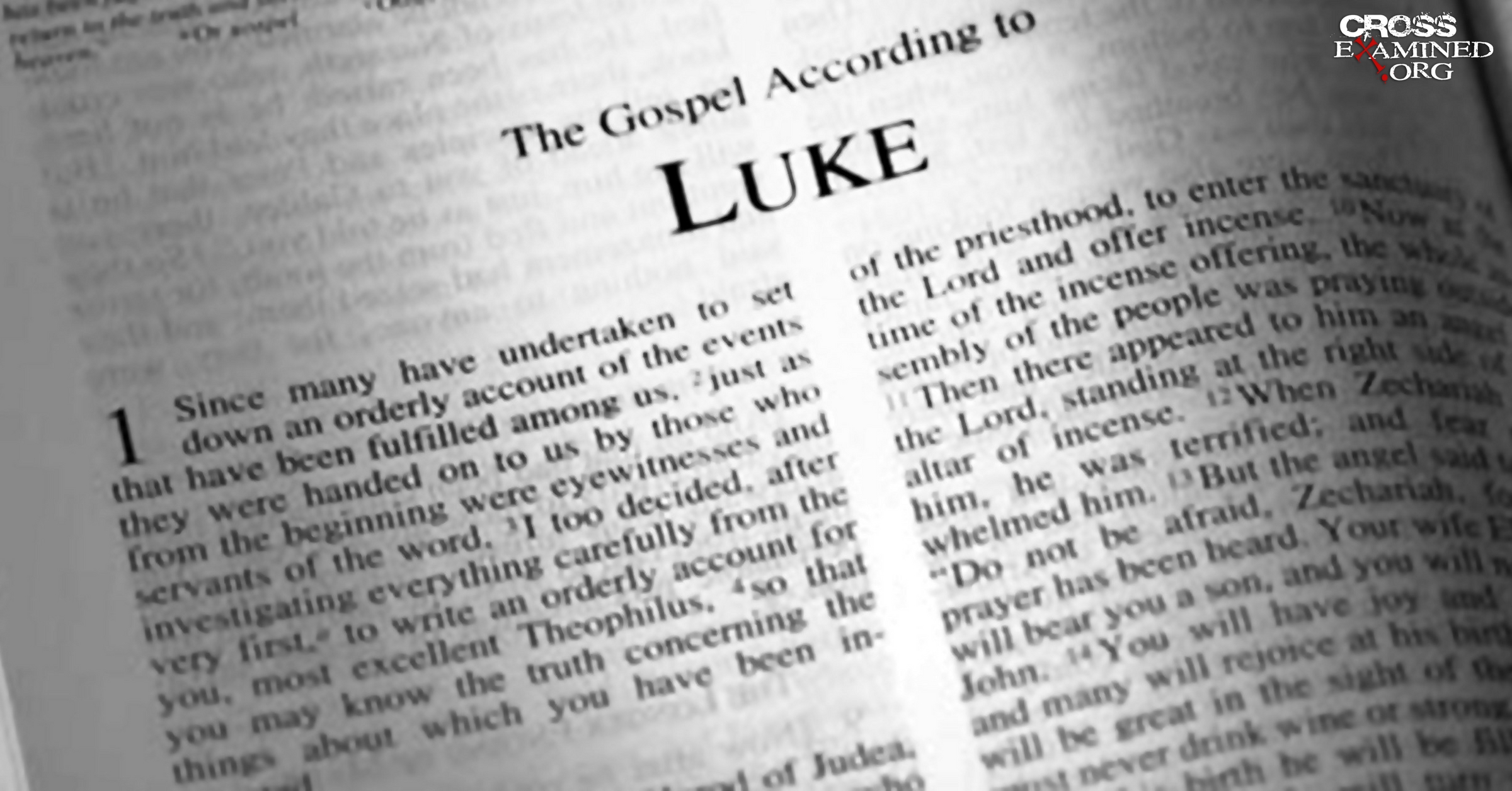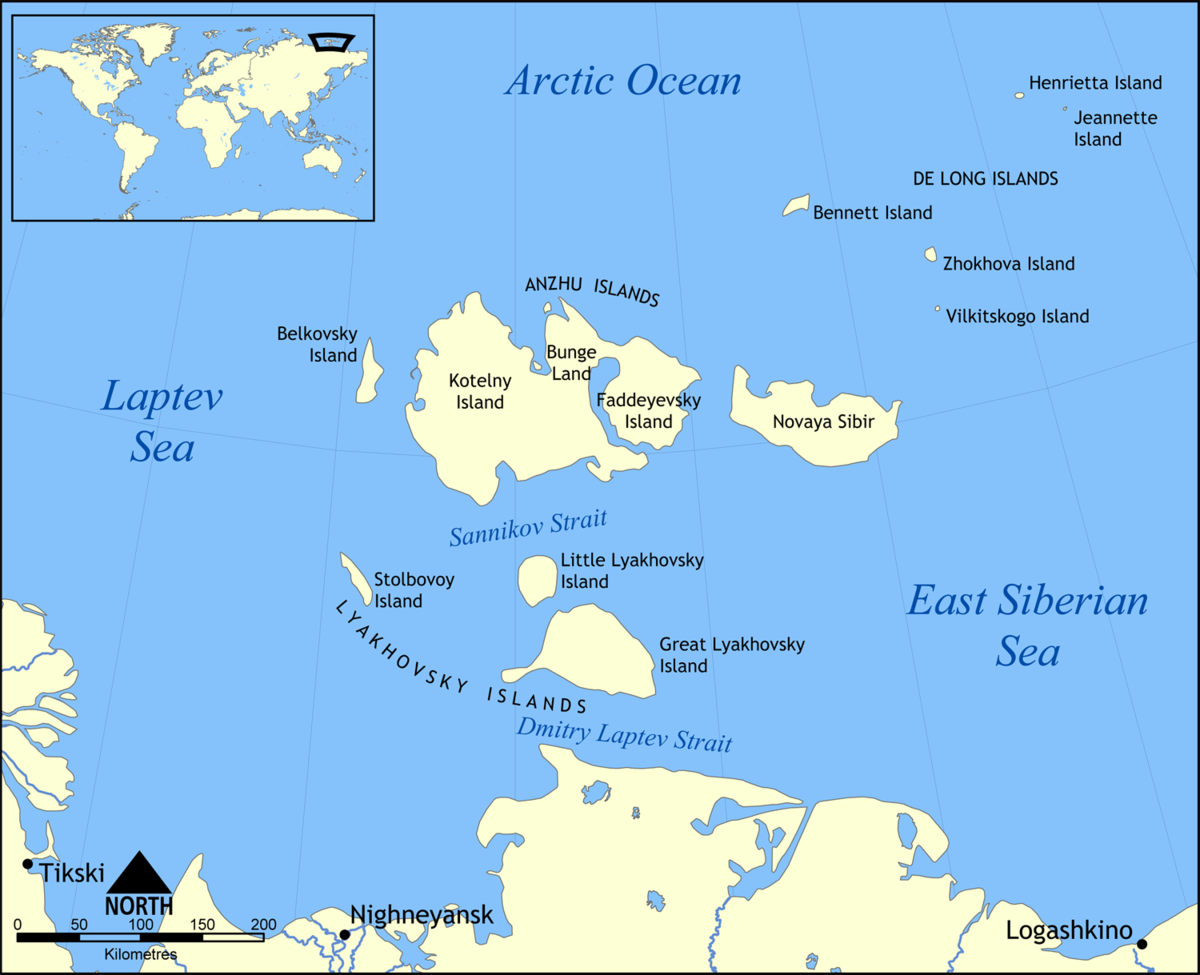2. The gospel of Matthew -
This is an authorized Web site of Jehovah’s Witnesses. It is a research tool for publications in various languages produced by Jehovah’s Witnesses.

wol.jw.org
"External evidence to the effect that Matthew originally wrote this Gospel in Hebrew reaches as far back as Papias of Hierapolis, of the second century C.E. Eusebius quoted Papias as stating: “Matthew collected the oracles in the Hebrew language.” (
The Ecclesiastical History, III, XXXIX, 16) Early in the third century, Origen made reference to Matthew’s account and, in discussing the four Gospels, is quoted by Eusebius as saying that the “first was written . . . according to Matthew, who was once a tax-collector but afterwards an apostle of Jesus Christ, . . . in the Hebrew language.” (
The Ecclesiastical History, VI, XXV, 3-6) The scholar Jerome (of the fourth and fifth centuries C.E.) wrote in his work
De viris inlustribus (Concerning Illustrious Men), chapter III, that Matthew “composed a Gospel of Christ in Judaea in the Hebrew language and characters for the benefit of those of the circumcision who had believed. . . . Moreover, the Hebrew itself is preserved to this day in the library at Caesarea, which the martyr Pamphilus so diligently collected.”—Translation from the Latin text edited by E. C. Richardson and published in the series “Texte und Untersuchungen zur Geschichte der altchristlichen Literatur,” Leipzig, 1896, Vol. 14, pp. 8, 9."
This is an authorized Web site of Jehovah’s Witnesses. It is a research tool for publications in various languages produced by Jehovah’s Witnesses.

wol.jw.org
"While the Gospel credited to Matthew does not name him as the writer, the overwhelming testimony of early church historians stamps him as such. Perhaps no ancient book has its writer more clearly and unanimously established than the book of Matthew. From as far back as Papias of Hierapolis (early second century C.E.) onward, we have a line of early witnesses to the fact that Matthew wrote this Gospel and that it is an authentic part of the Word of God. McClintock and Strong’s
Cyclopedia states: “Passages from Matthew are quoted by Justin Martyr, by the author of the letter to Diognetus (see in Otto’s
Justin Martyr, vol. ii), by Hegesippus, Irenæus, Tatian, Athenagoras, Theophilus, Clement, Tertullian, and Origen. It is not merely from the matter, but the manner of the quotations, from the calm appeal as to a settled authority, from the absence of all hints of doubt, that we regard it as proved that the book we possess had not been the subject of any sudden change.”" [1981 Reprint, Vol. V, page 895.]
3. The gospel of Mark -
This is an authorized Web site of Jehovah’s Witnesses. It is a research tool for publications in various languages produced by Jehovah’s Witnesses.

wol.jw.org
"Analysts of Mark’s Gospel believe that he wrote for Gentile readers; he provided helpful explanations of Jewish practices. (
Mark 7:3; 14:12; 15:42) Mark translates Aramaic terms that might otherwise have been lost on a non-Jewish audience. (
Mark 3:17; 5:41; 7:11, 34; 15:22, 34) He uses many Latin terms and even explains common Greek words by using Latin ones. He gives the value of Jewish coins in Roman money. (
Mark 12:42, ftn.) All of this seems to harmonize with the long-standing tradition that Mark penned his Gospel in Rome."
This is an authorized Web site of Jehovah’s Witnesses. It is a research tool for publications in various languages produced by Jehovah’s Witnesses.

wol.jw.org
"Though this Gospel does not say that Mark was its writer, there is evidence of this in the works of Papias, Justin Martyr, Tertullian, Origen, Eusebius, Jerome, and others whose writings span the first four centuries of our Common Era."
This is an authorized Web site of Jehovah’s Witnesses. It is a research tool for publications in various languages produced by Jehovah’s Witnesses.

wol.jw.org
"According to Origen, Mark composed his Gospel “in accordance with Peter’s instructions.” (
The Ecclesiastical History, Eusebius, VI, XXV, 3-7) In his work, “Against Marcion” (IV, V), Tertullian says that the Gospel of Mark “may be affirmed to be Peter’s, whose interpreter Mark was.” (
The Ante-Nicene Fathers, Vol. III, p. 350) Eusebius gives the statement of “John the presbyter” as quoted by Papias (c. 140 C.E.): “And the Presbyter used to say this, ‘Mark became Peter’s interpreter and wrote accurately all that he remembered, not, indeed, in order, of the things said or done by the Lord. . . . Mark did nothing wrong in thus writing down single points as he remembered them. For to one thing he gave attention, to leave out nothing of what he had heard and to make no false statements in them.’”—
The Ecclesiastical History, III, XXXIX, 12-16."
The gospel of Luke in my next post:
 . I don't think you know what you are talking about. All the other posters here don't think you know either.
. I don't think you know what you are talking about. All the other posters here don't think you know either.





